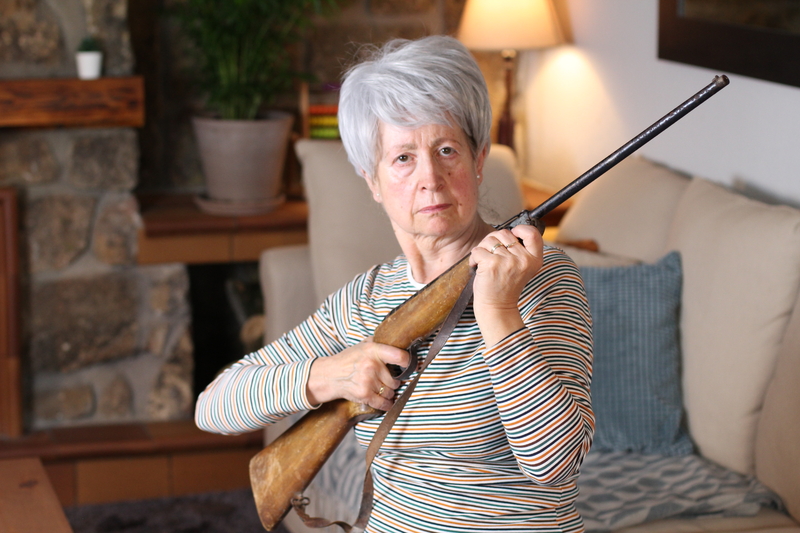TRENTON, N.J.—As the high-profile manslaughter trial of Daniel Penny unfolds in New York City, the case has ignited discussions across state lines, with many New Jersey residents seeking clarity on their own self-defense rights. The Garden State’s self-defense laws, which include a duty to retreat and a modified Castle Doctrine, differ significantly from other states’ frameworks.
Under New Jersey law, self-defense is considered justified only when an individual reasonably believes force is necessary to protect against imminent unlawful harm. However, the state mandates proportionality, meaning the level of force used must not exceed what is required to neutralize the immediate threat.
New Jersey also imposes a legal duty to retreat, requiring individuals to avoid using force when safe options to escape are available, except when they are in their own home or workplace under the Castle Doctrine. Unlike some states, New Jersey does not have a full “Stand Your Ground” law, which allows individuals to use deadly force without attempting retreat.
Self-defense protections extend to defending others and, in limited cases, defending property, though deadly force is rarely justifiable in property disputes alone. In each scenario, the law emphasizes the need for a reasonable belief that force is necessary and proportionate to the perceived threat.
A candidate for Governor in New Jersey, Joseph Rullo, said today that if elected, he would sign an executive order creating a “Stand Your Ground” law in New Jersey that would allow New Jerseyans to defend themselves and others.
“These laws, like we have in New York City and New Jersey only empower violent criminals, because they know the law is on their side,” Rullo said. “Stand your ground, puts the law back on the side of the innocent victims of violent crimes and harmful and dangerous encounters with those who intend to do harm. It should extend beyond the Castle Doctrine.”
As New Jersey residents contemplate the implications of Penny’s case and the nuances of self-defense law, experts urge individuals to seek legal guidance to understand their rights in potential life-threatening situations.
